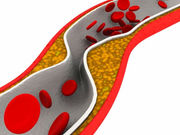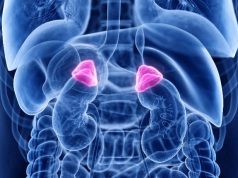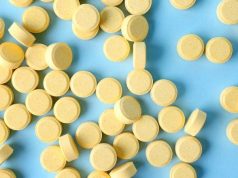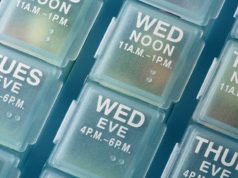Prescription abandonment linked to copay costs, with rates more than 75 percent for copays > $350
WEDNESDAY, Sept. 27, 2017 (HealthDay News) — Fewer than half of patients prescribed PCSK9 inhibitors (PCSK9i) receive approval, and only about 30 percent ever receive therapy, according to a study published online Sept. 27 in JAMA Cardiology.
Ann Marie Navar, M.D., Ph.D., from the Duke Clinical Research Institute in Durham, North Carolina, and colleagues examined access to PCSK9i using pharmacy transaction data for 45,029 patients who were newly prescribed PCSK9i in the United States from Aug. 1, 2015, to July 31, 2016.
The researchers found that 20.8 percent of patients given a prescription received approval on the first day and that 47.2 percent ever received approval. Of those who received approval, 65.3 percent filled the prescription; overall, therapy was received by 30.9 percent of those prescribed PCSK9i. Patients who were older, male, and had atherosclerotic cardiovascular disease were more likely to be approved after adjustment; there was no variation in approval rates by patient low-density lipoprotein cholesterol level or statin use. Having government versus commercial insurance and filling at a specialty versus retail pharmacy correlated with drug approval (odds ratios, 3.3 and 1.96). Among the top 10 largest pharmacy benefit managers, approval rates varied nearly threefold. Prescription abandonment correlated with copay costs (C-statistic, 0.86); abandonment rates varied from 7.5 to >75 percent for those with $0 to >$350 copays.
“In the first year of availability, only half of patients prescribed a PCSK9i received approval, and one-third of approved prescriptions were never filled owing to copay,” the authors write.
Several authors disclosed financial ties to pharmaceutical companies, including Amgen Inc., which funded the study.
Abstract/Full Text (subscription or payment may be required)
Editorial (subscription or payment may be required)
Copyright © 2017 HealthDay. All rights reserved.








